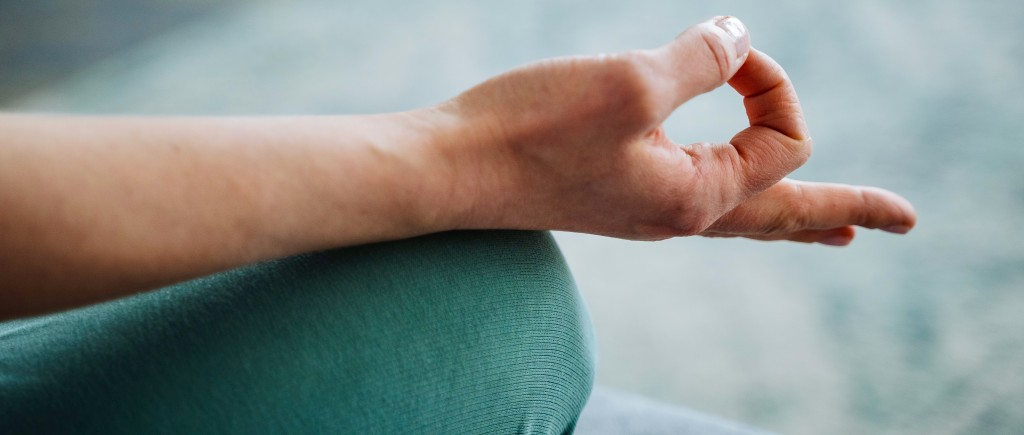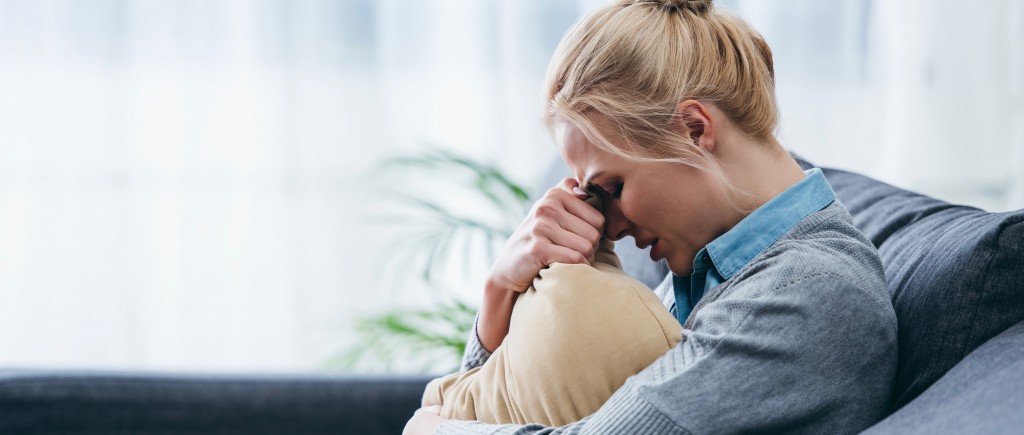
The Urgency of Self-Care
SPA OVARIUM
The Urgency
of Self-Care
The Urgency of Self-Care
By Guylaine Fortin
The past few years have been challenging for everyone! Together, yet each on our own, we had to show patience, resilience, and adaptability in the face of global changes that disrupted our daily lives.
As the world reorganized and adopted new ways of living, some suffered from loneliness and isolation, while others found themselves in environments where it was difficult to carve out a moment for themselves. These challenges highlighted the importance of taking care of our mental and physical well-being.
Today, after navigating these upheavals, it is time to transform that patience into an urgency for self-care. Although the pandemic was difficult, it opened our eyes to the necessity of reconnecting with ourselves and reassessing our priorities.
Prioritizing Our Well-being Urgently
What better time than the arrival of a new season to start a journey focused on gentleness and well-being! However, well-being goes beyond taking vitamins or relaxing in a hot tub; deep well-being is part of a holistic lifestyle. Taking care of oneself means stepping back, reconnecting with one’s inner resources, and letting go of automatic response patterns. It involves nurturing healthy relationships, listening to one’s needs, eating well, and above all, learning to love oneself and indulge. Taking time for oneself is essential and helps maintain balance while increasing resilience.
Floating in Your Own Bubble
A flotation session provides the peace needed to reconnect with oneself. Disconnecting from external stimuli and floating weightlessly in Epsom salt-saturated water allows the mind to fully relax. In just an hour, one feels lighter and revitalized, ready to face the day with renewed energy.
The Essential Need for Touch Touch remains a fundamental need for humans. Studies show that touch helps reduce stress and anxiety while promoting well-being. So why not enjoy a therapeutic massage to relieve both body and mind?
The Réseau des massothérapeutes professionnels du Québec reminds us that, while it does not replace a consultation with a psychologist, massage therapy stimulates the production of neurotransmitters associated with happiness and relaxation.
Meditating with Color and Music
A lack of light affects the production of serotonin and melatonin. By combining light therapy and relaxation, the PSiO blends the benefits of light stimulation with carefully studied sound effects to counteract stress and enhance overall well-being. Sitting in a chair with high-tech glasses projecting synchronized light sequences with music, this unique experience helps recenters and grounds us in the present moment.
Harmonizing with Your Body through Vibration
The NeuroSpa offers a unique sound experience where musical vibrations are felt within the body through the spine, helping to relieve tension and achieve a state of deep relaxation.
Radiating and Shining Naturally
After months of wearing masks and scrutinizing ourselves in video calls, it’s time to take care of our skin. Ovarium offers therapeutic and aesthetic facial treatments to regenerate the skin and bring out your natural glow.
A Combination of Sensations
All these treatments provide an opportunity to refocus and take care of our well-being. Whether through a flotation session, a massage, PSiO, NeuroSpa, or a facial treatment, the Ovarium team uses its expertise to help us escape and reconnect with ourselves.
—
Note: This article, originally written by Guylaine Fortin, was updated in 2024 to reflect current changes and incorporate a new post-pandemic well-being perspective.
Music by Mansari
(excerpt from the upcoming album)


